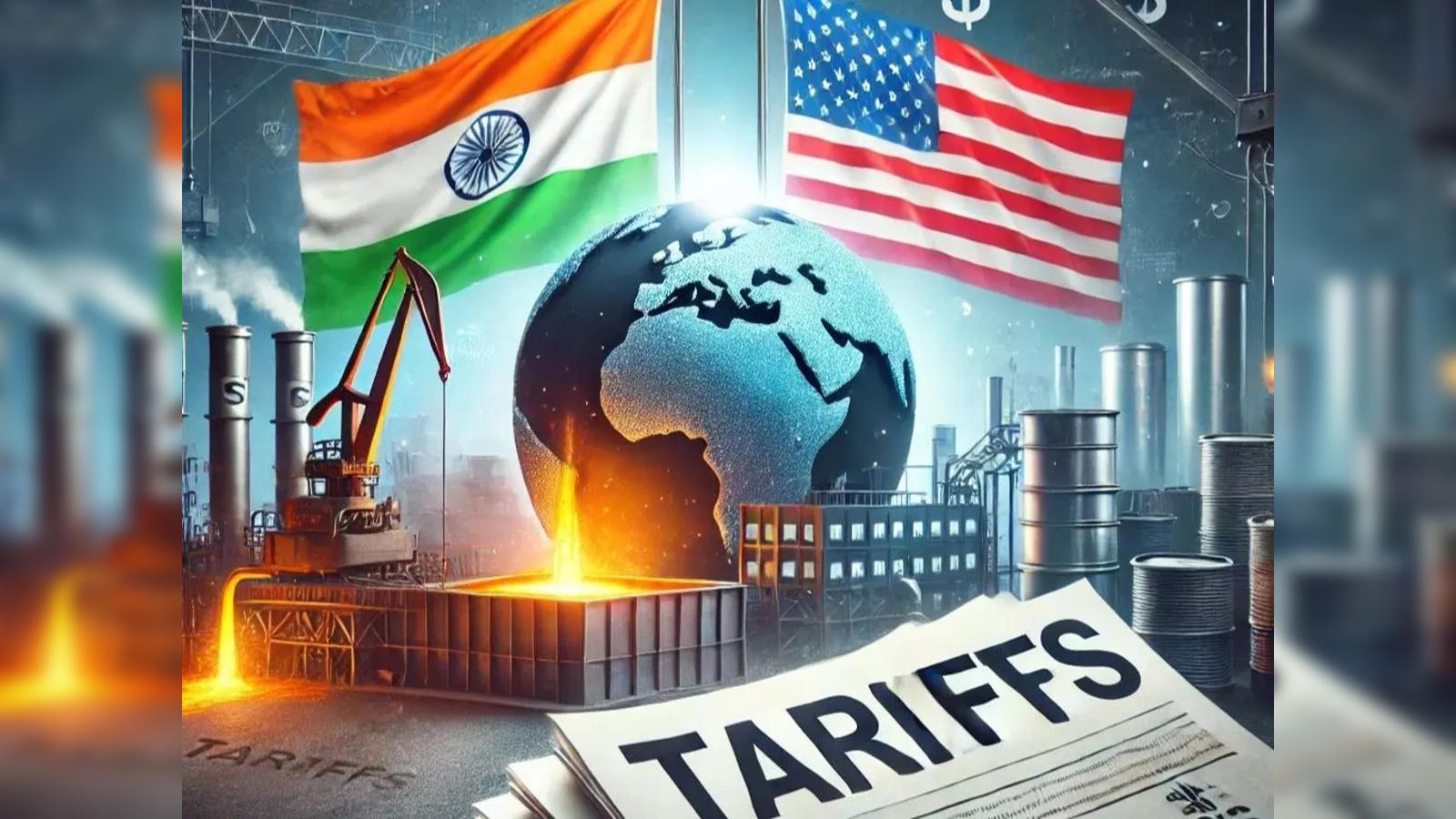
A top UN economist has said that tariffs imposed by the US could reduce global trade by 3 per cent. This could reduce exports from markets like the US and China and instead benefit countries like India, Canada and Brazil.
United Nations economist said this about India
Global trade could fall by as much as 3 per cent, with long-term changes to trading practices and economic integration expected to be a major factor in global trade, Pamela Coke-Hamilton, executive director of the International Trade Centre, said in Geneva on Friday.
For example, exports from Mexico have been hit hard. It is now shifting from markets like the US, China, Europe and even other Latin American countries. This is benefiting Canada, Brazil and to some extent India.
Vietnamese exports shift away from the US, Mexico and China
Similarly, Vietnamese exports are shifting away from the US, Mexico and China, while moving significantly towards markets in West Asia and North Africa, the European Union, South Korea and others, he said.
Example of clothing for developing countries
Citing the example of apparel, Coke-Hamilton said the garment industry is a top driver of economic activity and employment for developing countries. If the tariffs are implemented, Bangladesh, the world's second-largest garment exporter, will face a retaliatory duty of 37 per cent. This could lead to a loss of $3.3 billion in annual exports to the US by 2029.
US exempts smartphones and laptops from tariffs
The US has taken another U-turn on reciprocal tariffs. The Trump administration has announced to keep smartphones, laptops and computers and many other electronic goods out of reciprocal tariffs. This move will help in keeping down the prices of popular consumer electronic goods made outside the US.
America imports electronic goods on a large scale from China
America imports electronic goods from China on a large scale. Now, with the new decision of the Trump administration, China has got exemption from the reciprocal duty of 125 percent on these products. However, the already imposed 20 percent duty will remain in force. This announcement will immediately benefit big tech companies like Apple, Samsung and Dell and chip manufacturers like Nvidia.
--Advertisement--

 Share
Share



